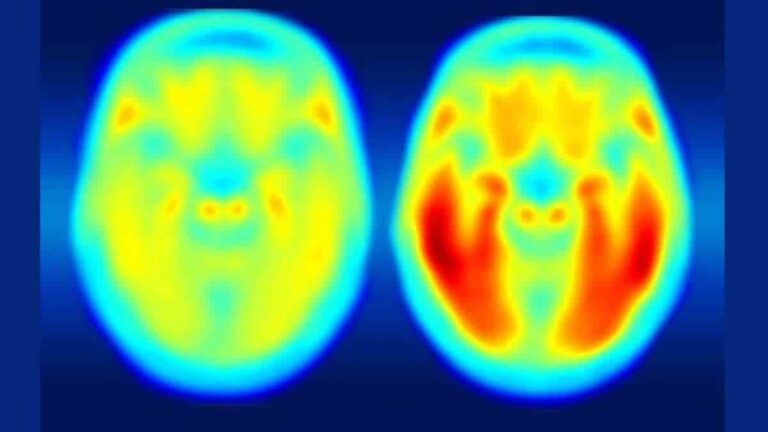Preliminary evidence that tetrahydrocannabinol (THC) and other compounds found in marijuana can promote the cellular removal of amyloid beta, a toxic protein associated with Alzheimer’s disease, has been found by scientists from the Salk Institute. Although these exploratory studies were done in neurons grown in the laboratory, they may offer insight into the role of…
Category: Neurology
Tracking Prion Synapse Toxicity via Dendritic Spines
Prion diseases are fatal and incurable neurodegenerative conditions of humans and animals. In people, these conditions impair brain function, causing changes in memory, personality, and behavior; a decline in intellectual function (dementia); and abnormal movements, particularly difficulty with coordinating movements (ataxia). Just how prions kill neurons remains unclear. Now, a new study in PLOS Pathogens…
Y Chromosome Loss Hikes Alzheimer’s Risk In Men
Loss of the Y chromosome affects up to 1 in 5 men over the age of 80, and is the most common acquired genetic mutations in a man’s lifetime. A new study has found that men with blood cells that do not carry the Y chromosome are at higher risk of being diagnosed with Alzheimer’s…
Could Microglia Protect Against Alzheimer's Damage?
Groups of immune cells in the brain heretofore associated with Alzheimer’s actually protect against the disease by containing the spread of damaging amyloid plaques, a new Yale University School of Medicine study shows. The findings give further support for the idea that inflammation byproducts of these immune cells are probably not a major culprit in…
What Are Granule Cells?
The term granule cell (GC) is used by anatomists for a number of different types of neurons whose only common feature is that they all have very small cell bodies. They are found within the granular layer of the cerebellum, the dentate gyrus of the hippocampus, the superficial layer of the dorsal cochlear nucleus, the…
IGF-2 Protective Against Neuron Death In ALS
Growth factor IGF-2 can prevent the death of human nerve cells in amyotrophic lateral sclerosis (ALS), according to a study from Karolinska Institutet and the University of Milan. ALS is a lethal disease characterised by progressive loss of motor neurons and subsequent muscle atrophy, weakness and paralysis. The study demonstrates that degeneration-resistant oculomotor neurons can…
Raised Protein Kinase C Levels Drive Neurodegeneration
The enzyme Protein Kinase C (PKC) alpha is necessary for amyloid beta to damage neuronal connections, researchers at University of California San Diego School of Medicine and Harvard Medical School have found. They have also identified genetic variations that enhance PKC alpha activity in patients with Alzheimer’s disease. The findings may present a new therapeutic…
Brain-Scanning Tech Links Alzheimer’s Decline To Tau Protein
A new imaging agent which binds to tau protein and makes it visible in positron emission tomography (PET) scans has enabled scientists at Washington University School of Medicine in St. Louis to demonstrate that levels of tau are better markers of the cognitive decline characteristic of Alzheimer’s than levels of amyloid beta seen in PET…
What Is Hemispatial Neglect?
Hemispatial neglect, also known as unilateral neglect, spatial neglect, or hemineglect, is a common and disabling condition following brain damage in which patients fail to be aware of items to one side of space. Neglect is most prominent and long-lasting after damage to the right hemisphere of the human brain, particularly following a stroke. Such…
